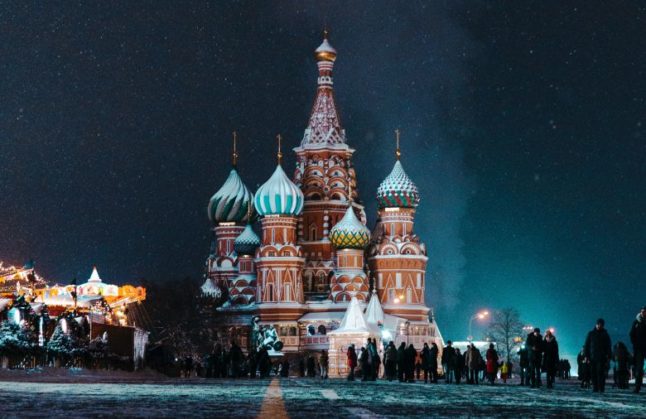Censored documents came to light this week casting doubt on Soviet claims about the wartime fate of the Swedish Holocaust hero, who went missing in January 1945.
A recently surfaced document indicates that Wallenberg may have been alive a week after Soviet officials said he had died of a heart attack, the researchers said.
Vadim Birstein, a researcher with the Swedish-Russian working group on Raoul Wallenberg, called the document “very, very important.”
“It shows that what the Soviets said for 60 years was basically lies,” the Russian-born US researcher told AFP in a telephone interview.
Wallenberg, who was working as a diplomat in Nazi-occupied Budapest when he managed to rescue tens of thousands of Jews destined for death camps, went missing after his arrest by Soviet forces in Hungary on January 17, 1945.
Since 1957, Soviet and later Russian officials have claimed the Swede died in Soviet custody on July 17, 1947.
His body was never recovered, and for decades, his family and loved ones, as well as experts around the world, have rejected the official Soviet version of his death.
Now Birstein and his German colleague Susanne Berger believe they could be close to proving the official account was a lie.
The pair had for years been receiving copies of heavily censored documents in response to requests for information from the Russian FSB security service archives.
Then suddenly last November, they received a document clearly stating that Wallenberg was “with great likelihood” the same person as a “Prisoner number Seven” interrogated at the Lubyanka prison in Moscow on July 23, 1947.
“The circumstantial evidence seems to be rather strong” that Wallenberg was indeed prisoner number seven,” Berger told AFP.
He pointed out that the man in charge of Wallenberg’s case had carried out the 16-hour interrogation of number seven, along with Wallenberg’s presumed cellmate and his driver.
Although a few possible extra days added to Wallenberg’s life may not seem like a big deal, Birstein and Berger said the information was momentous, since it makes a range of alternative fates possible.
“If it is confirmed that prisoner number seven was Wallenberg, all options are again on the table,” Berger said.
The Swede could, for example, have died during the July 23 interrogation; been sentenced and transferred to another prison or work camp; or executed.
The Swedish-Russian working group said in a 2001 report that Wallenberg may have been kept alive in Soviet prisons as a possible bargaining chip with the West, even though there was no hard evidence to support that suggestion.
Reported sightings in Soviet prisons over the years fuelled rumours that he could still be alive.
If still alive, Wallenberg would today be 97 years old.


 Please whitelist us to continue reading.
Please whitelist us to continue reading.
Member comments